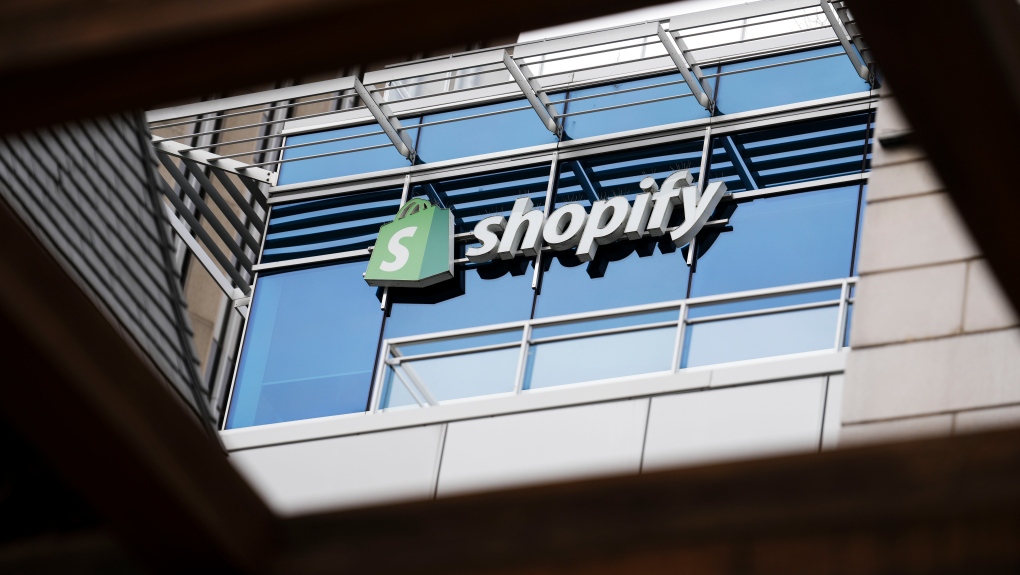The U.S. Federal Trade Commission (FTC) made a bold move on Monday by filing a lawsuit to halt Coach parent company Tapestry's proposed $8.5 billion acquisition of Capri, the owner of popular luxury brand Michael Kors. The FTC argued that the merger would eliminate direct competition between the two high-end handbag companies, ultimately leading to a monopoly in the luxury goods market. In a statement released by the FTC, concerns were raised about the potential negative impact of the merger on employees of both companies.
The agency warned that the consolidation of Coach and Michael Kors under one umbrella could result in a reduction of wages and employee benefits for the combined workforce of approximately 33,000 employees worldwide. This unexpected legal challenge from the FTC has thrown a wrench in Tapestry's plans for expansion and growth through the acquisition of Capri. The proposed deal, which was announced earlier this year, was widely viewed as a strategic move to strengthen Tapestry's position in the competitive luxury retail industry. However, the regulatory roadblock put up by the FTC has raised doubts about the future of the merger and its potential implications for the luxury handbag market. The FTC's intervention in the Coach-Capri deal underscores the agency's commitment to preserving fair competition and protecting consumers from monopolistic practices. By taking legal action to block the acquisition, the FTC is sending a clear message that it will not tolerate anti-competitive behavior in the marketplace, especially in industries as sensitive and high-profile as luxury fashion. The implications of the FTC's lawsuit extend beyond just the immediate impact on Tapestry and Capri. The outcome of this legal battle could have far-reaching consequences for the broader luxury goods sector, as well as for the regulatory environment governing mergers and acquisitions in the United States. If the FTC succeeds in blocking the Coach-Capri deal, it could set a precedent for future cases involving consolidation in the luxury retail industry. It is worth noting that Tapestry and Capri are not the only players in the luxury handbag market facing regulatory scrutiny. In recent years, there has been increasing scrutiny of consolidation and market dominance in the luxury fashion industry, with regulators around the world taking a closer look at mega-mergers and acquisitions in the sector. The FTC's decision to challenge the Coach-Capri deal is just the latest example of this trend towards more stringent oversight of mergers in the luxury goods market. The legal battle between Tapestry and the FTC is likely to be protracted and complex, with both sides gearing up for a fierce fight in court. Tapestry's legal team is expected to mount a vigorous defense of the merger, arguing that it is in the best interests of shareholders and consumers alike. On the other hand, the FTC will be seeking to prove that the acquisition would harm competition and lead to negative outcomes for employees and consumers. As the legal proceedings unfold, industry analysts and market observers will be closely watching to see how the case develops and what implications it may have for the luxury goods market as a whole. The outcome of this legal battle could have a significant impact on the future landscape of the luxury fashion industry, shaping the competitive dynamics among major players in the market. In the meantime, consumers and investors will be left in suspense, waiting to see how the Coach-Capri saga unfolds and what it means for the future of luxury handbags and accessories. With billions of dollars and thousands of jobs on the line, the stakes are high for both Tapestry and the FTC as they navigate this complex legal showdown over the fate of the luxury fashion industry.Lawsuit Filed to Halt Merger of Coach and Michael Kors Handbag Manufacturers in U.S.
.png) 2 months ago
42246
2 months ago
42246
Related
Adani Enterprises to Replace Wipro in Sensex, Expected Chang...
1 month ago
20647
Exxon Announces New Oil Discovery Offshore Angola - S&P Glob...
1 month ago
27260
Warning from U.S. Officials: Mortgage Companies Could Worsen...
1 month ago
28462
Shopify's Q1 Loss Leads to Decline in Shares, Predicts Slowe...
1 month ago
32703
Trending in United States of America
Popular
Epic Games Prepares to Revolutionize Mobile Gaming with Plan...
4 months ago
134577
Discover What Your Mobile Cover Reveals About You
4 months ago
134504
Bloomberg: Nintendo Switch successor will be released in ear...
4 months ago
134489
Google Reinstates Indian Apps on Play Store After Government...
4 months ago
134464
Tower Semiconductor wants to build $8 billion chip factory i...
4 months ago
134422
Subscribe Newsletter
Fill out the form below to subscribe to our news
© Newstia 2024. All rights are reserved









 English (US)
English (US)